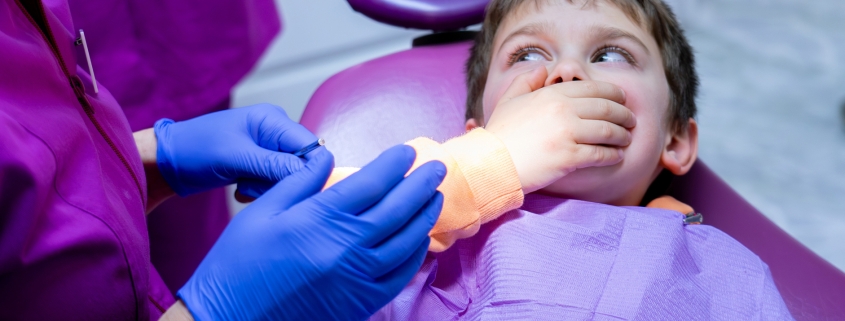Strategies to Overcome Dental Anxiety in Children
For many children, visiting the dentist can be a daunting experience. Dental anxiety is a common issue that can make dental appointments stressful for both children and their parents. However, with the right approach and strategies, it’s possible to help children overcome their fears and develop positive associations with dental care. By fostering a supportive and reassuring environment, dental professionals and parents can ensure that children’s dental experiences are not only anxiety-free but also beneficial for their oral health.
Start Early and Build Trust:
Introducing children to dental care at a young age is key to preventing dental anxiety. Schedule a child’s first dental visit around their first birthday or when their first tooth erupts. These early appointments are more about familiarizing the child with the dental environment and building trust with the dentist rather than extensive procedures. Establishing a positive rapport early on lays the foundation for future dental visits.
Use Child-Friendly Language and Tools:
Dental terminology can be intimidating for children. Dentists and dental hygienists should use age-appropriate language to explain procedures in a way that children can understand. Utilizing props, such as models or puppets, can help demystify dental instruments and procedures, making them less intimidating for children. Additionally, providing children with sunglasses or headphones to block out bright lights and loud noises can help them feel more comfortable during their appointment.
Practice Positive Reinforcement:
Positive reinforcement plays a crucial role in alleviating dental anxiety in children. Praise and encouragement for cooperative behavior during dental visits can boost children’s confidence and reduce fear. Dentists may use techniques like “tell-show-do,” where they explain a procedure, demonstrate it, and then perform it, allowing children to become familiar with each step before it happens. Small rewards, such as stickers or small toys, can also serve as incentives for good behavior.
Foster a Supportive Environment:
Creating a calm and supportive environment in the dental office can significantly impact children’s anxiety levels. Child-friendly waiting areas with toys, books, and games can help distract children and put them at ease before their appointment. Some dental offices even offer amenities like televisions or tablets with cartoons to further alleviate anxiety. Additionally, allowing children to bring comfort items from home, such as a favorite toy or blanket, can provide a sense of security during their visit.
Lead by Example:
Parents play a vital role in shaping their children’s attitudes towards dental care. Demonstrating positive oral hygiene habits at home and maintaining a calm demeanor during dental visits can help reassure children and alleviate anxiety. Avoid using negative language or sharing personal dental fears in front of children, as this can inadvertently contribute to their anxiety. Instead, focus on emphasizing the importance of dental health in a positive and supportive manner.
Consider Sedation Options:
In cases where children have severe dental anxiety or require extensive dental work, sedation options may be considered. Nitrous oxide (laughing gas) or oral sedatives can help relax children and make dental procedures more manageable. However, these options should only be used when necessary and under the guidance of a qualified pediatric dentist.
Conclusion:
Overcoming dental anxiety in children requires patience, understanding, and a collaborative effort between dental professionals, parents, and caregivers. By implementing strategies such as early introduction to dental care, using child-friendly language and tools, practicing positive reinforcement, fostering a supportive environment, leading by example, and considering sedation options when necessary, it’s possible to help children overcome their fears and develop a positive attitude towards dental care. By prioritizing children’s comfort and well-being, dental visits can become stress-free experiences that promote lifelong oral health.

